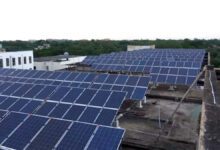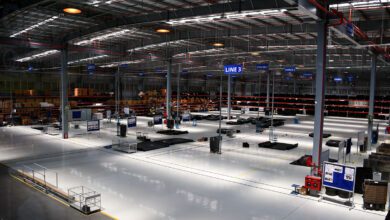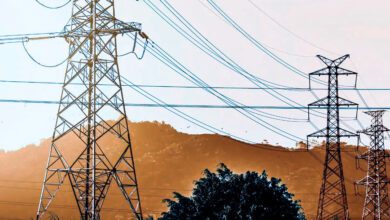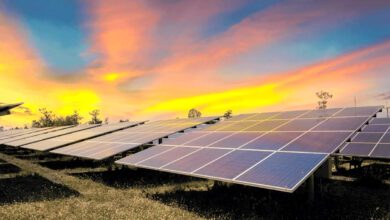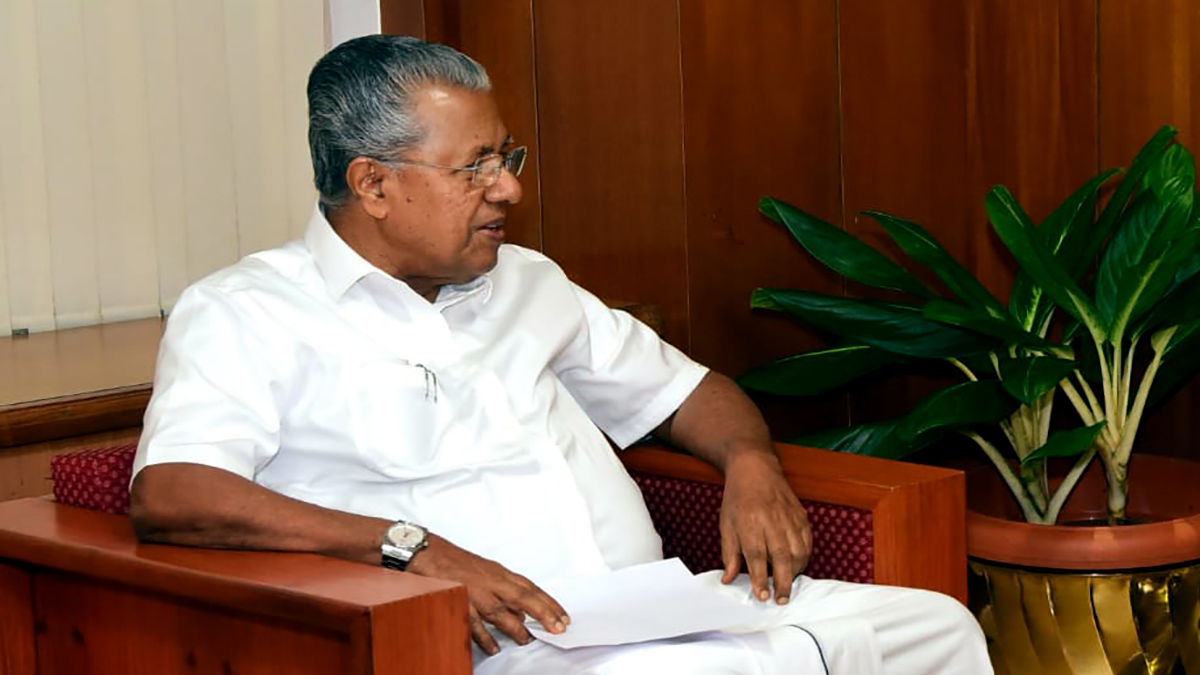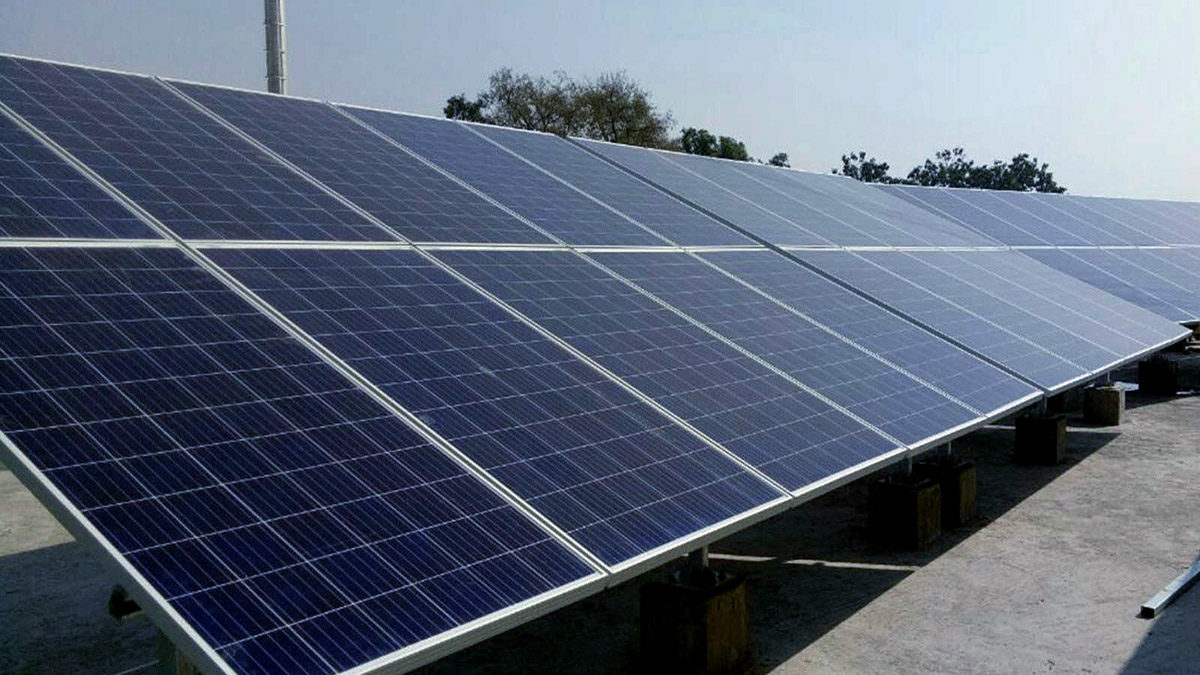In a significant stride towards sustainable energy adoption, BSES, a leading electricity provider, has successfully energised 6,000 rooftop solar installations and has ambitious plans to add over 1,000 more connections in the upcoming financial year 2024-25. Officials from BSES shared that the response to rooftop solar net metering has been overwhelmingly positive, with consumers from various segments embracing the eco-friendly initiative.
The distribution of rooftop solar connections reveals an encouraging trend, with the highest number in the domestic segment at 3,650, followed by commercial establishments (1,087), educational institutions (939), industrial setups (85), and others (129). BSES officials emphasised that consumers from residential, educational, and commercial sectors have embraced rooftop solar net metering on a large scale.
The energised load is distributed across different segments, with the commercial segment leading at 57 MWp, followed by educational institutions at 45 MWp, industrial setups at 6 MWp, and others at 11 MWp. BSES officials also highlighted the positive impact on residential societies, stating that more than 100 such societies have opted for rooftop solar connections, leading to annual savings of over ₹110 crore for consumers.
The statement from BSES outlined the versatility of rooftop net metering connections, ranging from a sanctioned load of 1 KW to over 4,000 KW. Consumers are beginning to witness the tangible benefits of rooftop solar net metering, experiencing reduced electricity bills and contributing to environmental sustainability.
Rooftop solar net metering proves to be a cost-effective method, with each kilowatt of rooftop solar generating approximately 100 to 120 units of electricity monthly. According to officials, the cost of the system can be recovered in around four years. As an example, a typical 10 KW rooftop solar connection with a monthly consumption of 1,200 units can save consumers around ₹82,000 annually.
Apart from the economic benefits for consumers, BSES highlighted the broader impact of the initiative, emphasising that it aids in meeting the renewable purchase obligation (RPO) and helps minimise overloading issues in congested areas, particularly during peak summer months.
In a parallel effort, Tata Power-DDL has energised 2,412 rooftop solar connections, with a solar load touching 63.3 MWp, resulting in substantial annual savings of approximately ₹45-50 crore for consumers.




